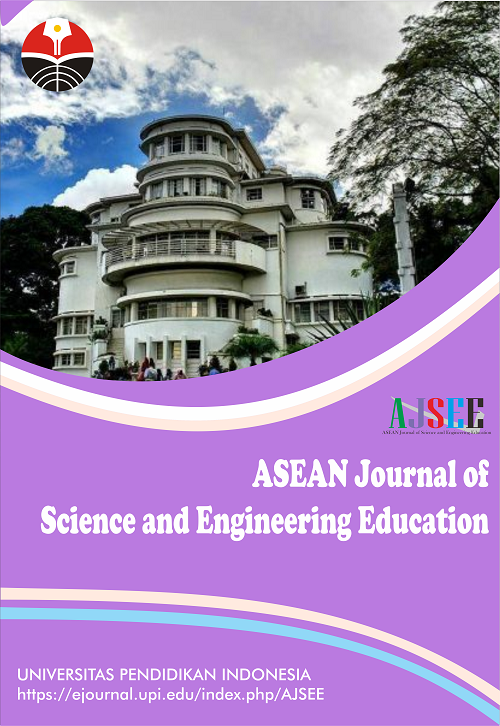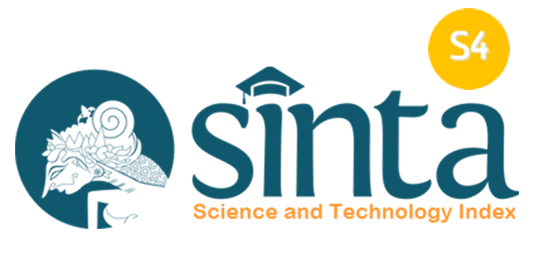Is the Scientific Literacy of the Philippines in the ICU?
Abstract
Keywords
Full Text:
PDFReferences
Braund, M. (2021). Critical STEM literacy and the covid-19 pandemic. Canadian Journal of Science, Mathematics and Technology Education, 21(2), 339–56.
Chua, J. M. T., and Luyun, J. L. (2019). Social media use and Its effects to the values of tertiary school students in cagayan valley, Philippines for education program development. Journal of Advances in Education and Philosophy, 3, 241-246.
Cordon, J. M. and Polong, J. M. D. (2020). Behind the science literacy of Filipino students at PISA 2018: A case study in the Philippines’ educational system. Integrated Science Education Journal, 1(2), 70-76.
Green, B. N., Johnson, C. D., and Adams, A. (2006). Writing narrative literature reviews for peer-reviewed journals: Secrets of the trade. Journal of Chiropractic Medicine, 5(3), 101-117.
Guess, A., Nagler, J., and Tucker, J. (2019). Less than you think: Prevalence and predictors of fake news dissemination on facebook. Science Advances, 5(1), 1-8.
Guevara, A. C. (2015). Science literacy, awareness, and attitude enhancement through integration of sustainable development education in general ecology. IAMURE International Journal of Ecology and Conservation, 14(1), 14-18.
Harvey, R., Williams, T. M., Hernandez-Morgan, M., Fischer, M. A., and Neelankavil, J. (2022). Peer review guidance for evaluating the narrative review: Lessons applied from the systematic review. Journal of Cardiothoracic and Vascular Anesthesia, 36(3), 735-738.
Höttecke, D., and Allchin, D. (2020). Reconceptualizing nature‐of‐science education in the age of social media. Science Education, 104(4), 641-666.
Lazarus, J. V., Ratzan, S. C., Palayew, A., Gostin, L. O., Larson, H. J., Rabin, K., Kimball, S., and El-Mohandes, A. (2021). A global survey of potential acceptance of a covid-19 vaccine. Nature Medicine, 27(2), 225–228.
Lehnert, K., Craft, J., Singh, N., and Park, Y. H. (2016). The human experience of ethics: A review of a decade of qualitative ethical decision‐making research. Business Ethics: A European Review, 25(4), 498-537.
Magmanlac, Q., Reyes, C. A., Boongaling, L., and Caiga, B. (2018). Effects of social media to communication students’ cognitive and social skills. Asia Pacific Journal of Education, Arts and Sciences, 5(4), 21-32.
Paré, G., Trudel, M. C., Jaana, M., and Kitsiou, S. (2015). Synthesizing information systems knowledge: A typology of literature reviews. Information and Management, 52(2), 183-199.
Shehade, M., and Stylianou-Lambert, T. (2020). Virtual reality in museums: Exploring the experiences of museum professionals. Applied sciences, 10(11), 1-20.
Stranton, J. D., Sebasta, A. and Dunlosky, J. (2021). Fostering metacognition to support student learning and performance. CBE—Life Sciences Education, 20(2), 1-7.
DOI: https://doi.org/10.17509/ajsee.v3i3.56743
Refbacks
- There are currently no refbacks.
Copyright (c) 2023 Universitas Pendidikan Indonesia

This work is licensed under a Creative Commons Attribution-ShareAlike 4.0 International License.













